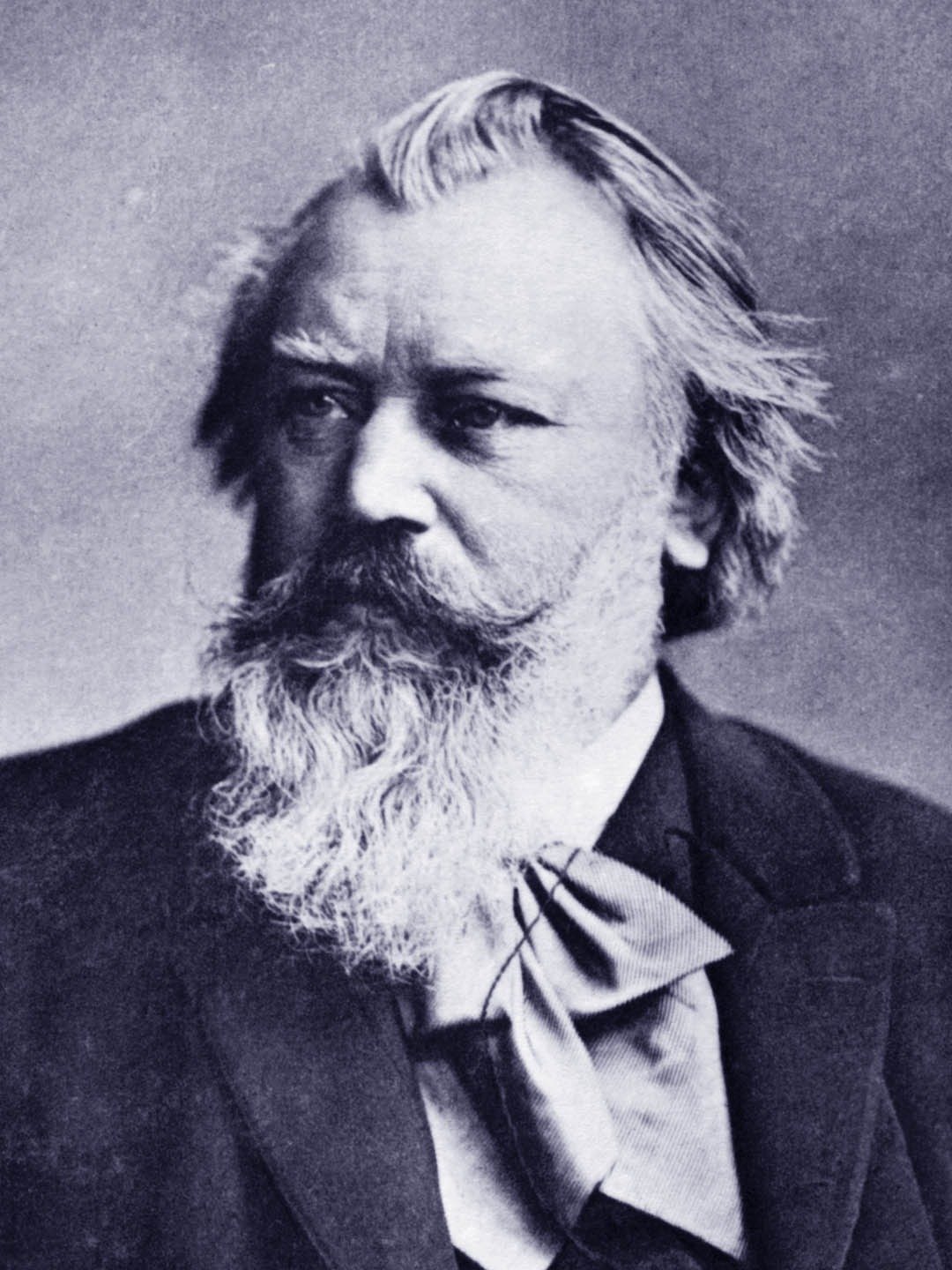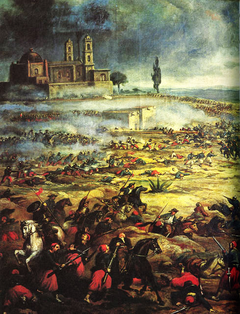Is Western culture, from a moral standpoint, dying? Some think so, for a variety of reasons. From a broad historical standpoint, however, what some believe to be the decadence of the West is really nothing new. Moral debauchery has been present since the beginning of time.
Using the term debauchery of course assumes the existence of a moral standard by which one assesses behavior. If this standard is objective, then yes, debauchery can be identified easily. If it is more subjective, however, debauchery becomes the work of a particular historical moment. This therefore makes the central issue one of deciding how to construct a moral standard: is it the work of a given culture? Or is it the work of something that encompasses it?
/cdn.vox-cdn.com/uploads/chorus_image/image/67730255/archives_helix.0.jpg)
It seems that in order to arrive at an impartial standard of morality we must first recognize our cultural limits: we are all captives of our culture. Rarely will we make choices apart from our cultural parameters
But in what is culture situated? In what we do? Or in what we believe? Or both? How we view the the "place" of culture definitively determines how we view morality: are we simply beings living on a tiny, tiny planet in a vast and purposeless cosmos?
Or are we beings living on a tiny, tiny planet in a vast and purposeful cosmos, a cosmos that has a reason, other than a random twist of quantum fluctuation, to be here?
On our answer all else hinges.






